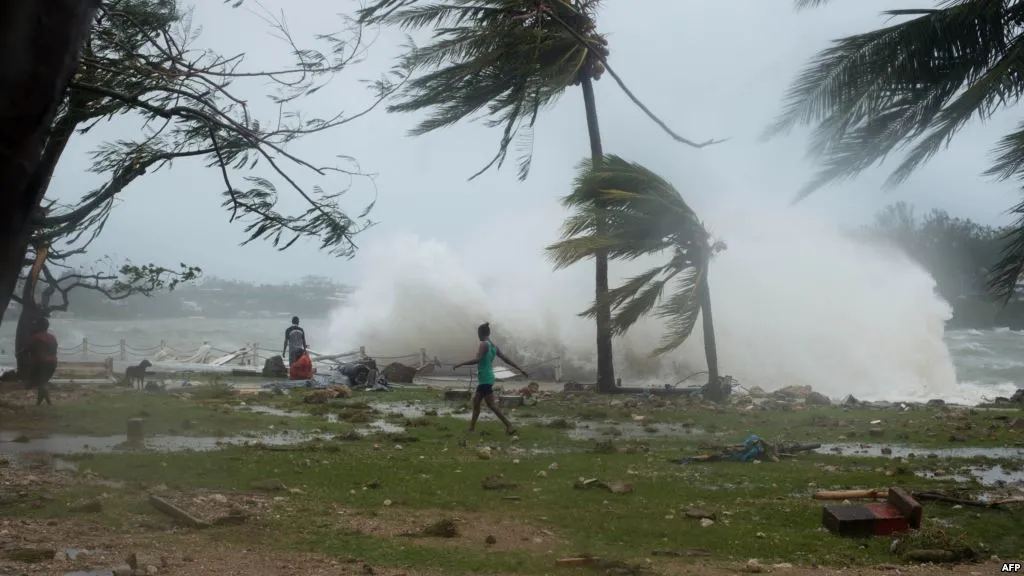If you have diabetes, it must be more careful in the summer, when there are strong storms and when hurricanes can occur.It is important to make a plan and be prepared.
During emergencies and natural disasters such as hurricanes and tornadoes, it may be that you need other care related to that condition.You must identify as a person with diabetes to obtain adequate attention.
If you are familiar, you are in the care or you are the medical care provider of a person with diabetes, please share with you this information.
What you should do during emergencies
People with diabetes face additional challenges during emergencies and natural disasters such as hurricanes, earthquakes and tornadoes.If you are going to dislodge your home to get away from danger or stay in an emergency shelter, it is important to tell other people that you have diabetes so you can receive the medical care you need.If you have other health problems, such as chronic renal diseases or heart disease, be sure that other people know it.
These are some important measures to be taken:
Drink liquids in abundance, especially water.Drinking water can be difficult to find during emergencies, but if it does not drink enough water, it can suffer serious medical problems.Heat, stress, the high level of blood sugar and some diabetes medications, such as metformin, can make it lose fluids, which increases the possibility of being dehydrated.
Keep something that contains sugar with you all the time, in case it has low levels of sugar (hypoglycemia) that can be dangerous.It is possible that blood sugar levels cannot be checked, so you should know the warning signs of low sugar levels.
Put special attention to your feet.Stay away from contaminated waters, wear shoes and carefully review your feet in search of any infection or injury signal.Look for fast medical attention for any injury.
Emergency planning
Make an emergency plan for you and your family.
Always carry an identification that says you have diabetes.
If you take insulin, ask your doctor during a routine visit what you should do in an emergency if you have no insulin and you can't get anymore.
If you take other diabetes medications, also ask your doctor what you should do if you don't have them during an emergency.
Prepare food and water emergency supplies.
Elements of an emergency kit for diabetesincuya in its emergency kit adequate supplies of drugs and medical items, sufficient so that they last for at least three days and possibly more, depending on their needs.Ask your doctor or the pharmaceutive how to save recipe medications such as cardiac treatment, hypertension and insulin, among others.Make a plan on the way it will handle medications that normally require refrigeration, such as insulin.
Be sure to renew the drugs and medical supplies of your emergency kit regularly, so that they do not come.Often check the expiration dates in all medications and supplies.
Save in your emergency kit copies of recipes and other important medical information, such as the phone number of your medical care provider.
Also keep in your emergency kit a list of the type and number of model of the medical devices you use, such as your insulin pump.
If you have a child with diabetes to go to school or a nursery, be sure to know the emergency plan they have there.Talk to them to ensure that their child has supplies for the necessary diabetes incase of an emergency.
If you need usual medical treatments, such as dialysis, talk to your service provider about your emergency plans.




